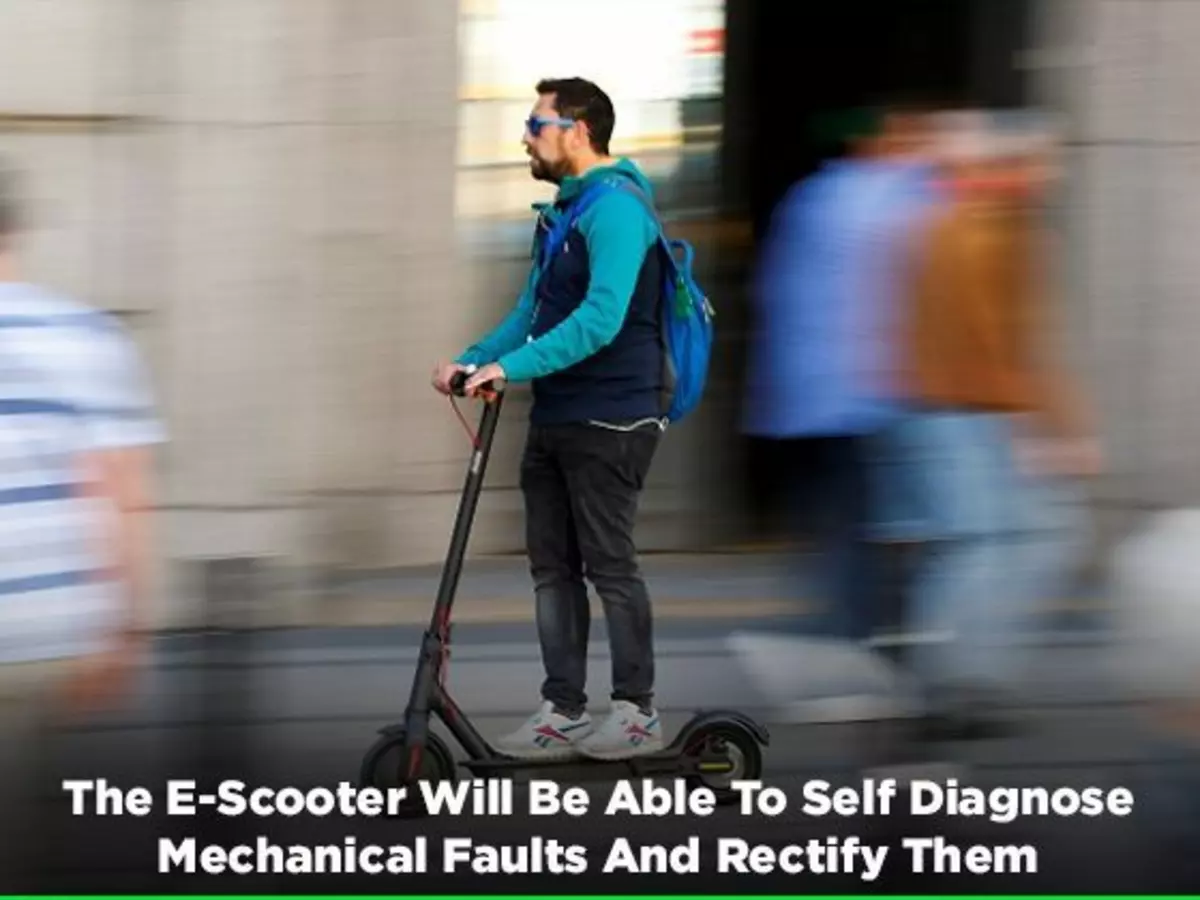This Self Healing Electric Scooter By MIT Born Startup Might Be A Game Changer In Micro Mobility
Cambridge-based micro mobility firm Superpedestrian&rsquos claims that its upcoming e-scooter will be able to self-diagnose any of such mechanical problems and there on put a stop to its use from shared riding. The company claims to have tied up with major mobility firms across the globe and within 6 years of its inception will be bringing the e- scooters to the global roads by the first half of 2019.

With the rise in adoption of electric scooters around the globe, several associated drawbacks have also emerged over time. Weak, breakable and fire prone models as well as the lack of safety of the riders have been some of the reasons for constant criticism of electric scooters. These problems only escalate if the scooters are used under a shared mobility plan.
A Cambridge-based micro mobility firm seems to have come up with solutions to these issues. Superpedestrian, which makes electric bicycles, claims that its upcoming e-scooter will be able to self-diagnose any of such mechanical problems and there on put a stop to its use from shared riding.
Founded at MIT, Superpedestrian now claims to have tied up with major mobility firms across the globe and within 6 years of its inception, will be bringing the e-scooters to the global roads, by the first half of 2019.
The claim has been made by Assaf Biderman, the company¡¯s founder and CEO, who also states that the e-scooters will feature a backup of several days and will have a lifespan of as long as 18 months, as opposed to 3 months, the average lifespan of e-scooters.

Reuters
A major plus that the company aims to bring with its e-scooter is the rigidity and the corresponding reliability to the rider. Biderman understands that, ¡°When it comes to mechanical design, there¡¯s no magic bullet.¡±
In an interaction, he states how the only way to be assured of this is to test out the device in every scenario before bringing them to the markets. As for the company¡¯s own e-scooter, Biderman hails the larger wheel size and rider base for improved safety. He also has no doubts in mind about the scooter¡¯s performance in extreme weather.
The USP of the Superpedestrian¡¯s e-scooters is supposed to be different though. In November, Lime, a major e-scooter player, had to recall its faulty e-scooters twice within a month. The scooters were reportedly breaking in half and some also had the potential to catch fire through faulty batteries. As per Biderman, Superpedestrian¡¯s e-scooters come with self-diagnosing capability which the company calls ¡°vehicle intelligence¡±. Through this, the scooters are able to monitor battery voltage, temperature and their own motor.
In case of a mechanical failure, the scooters will first try to perform automated maintenance. If the issue is not resolved, the scooters will raise a support ticket and take itself offline, essentially meaning that no faulty scooter will be able for customers to ride on in a shared mobility plan. The faulty scooter will then be repaired on the ground by a human mechanic.
This is not Biderman's first attempt at an innovative concept. He also founded the 'Copenhagen Wheel', a self-contained rear wheel electric bicycle system and has the exclusive license to commercialize the Wheel through his later founded company.

The Copenhagen Wheel (Superpedestrian)
As the e-scooter culture spreads, such automated monitoring of the devices can come as a game changer and not just for the commuters but for a city¡¯s micro-mobility as a whole. If everything goes as Biderman says, it won¡¯t be a surprise if major ride hailing firms appoint the company¡¯s self-healing scooters in their mobility plans.
